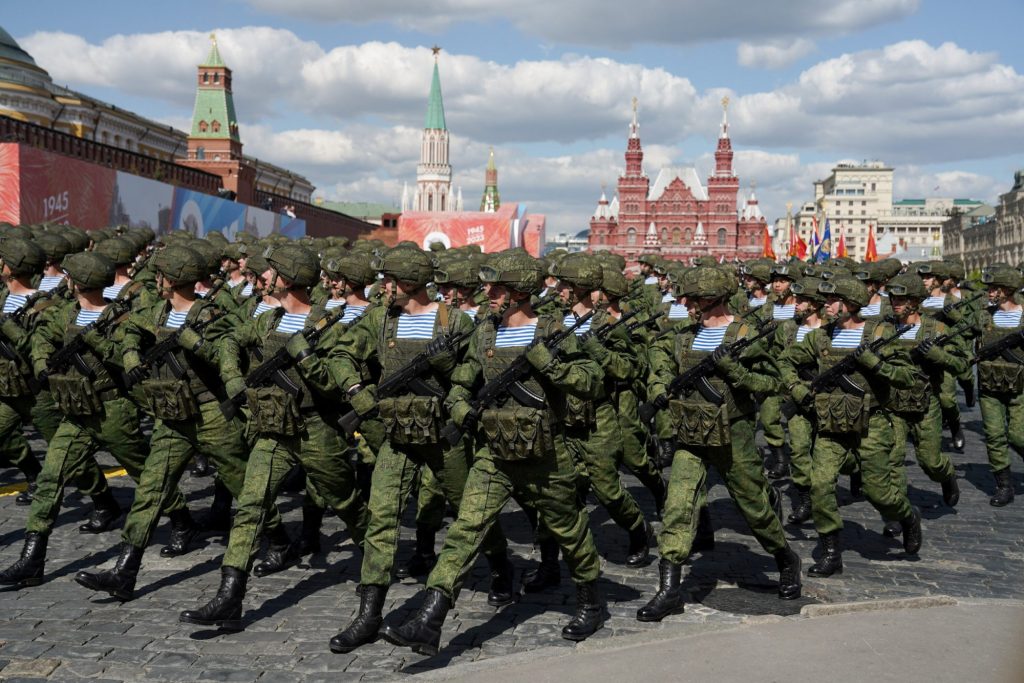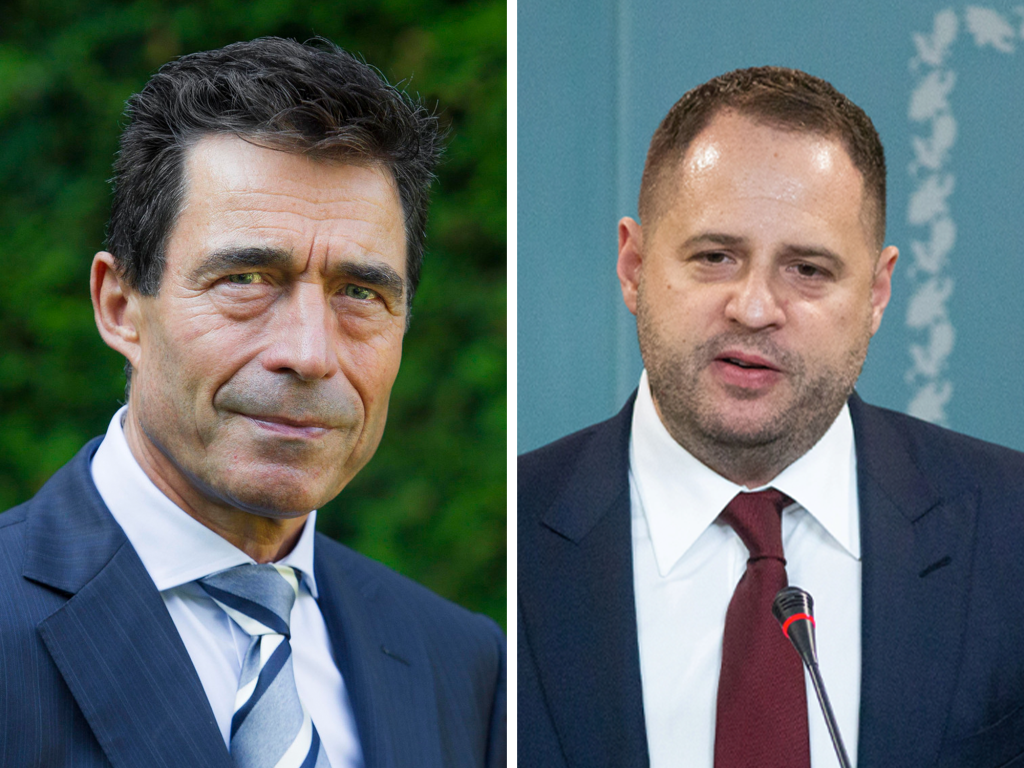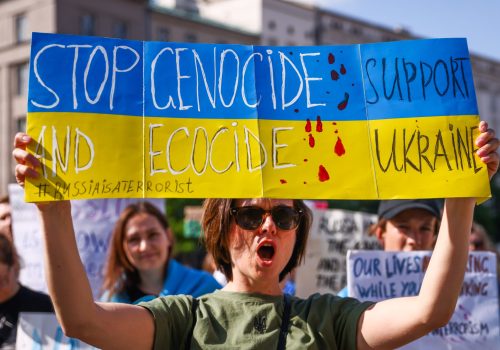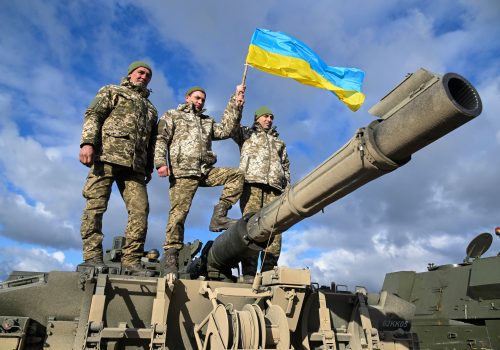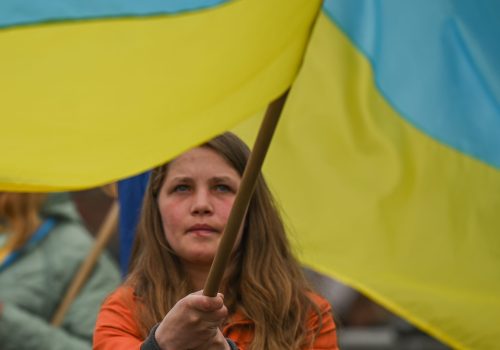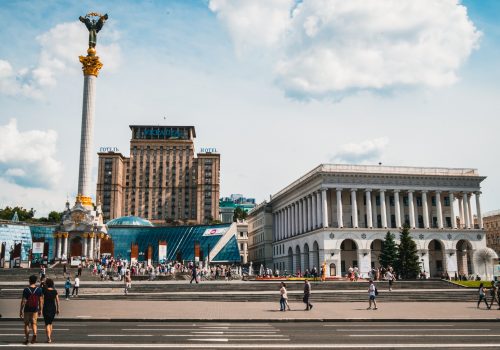
Western companies are still financing the Russian invasion of Ukraine

Despite tremendous business interest in Ukraine’s reconstruction and development, a large number of Western companies continue to undermine Kyiv’s efforts by contributing to the Kremlin’s war chest. This ongoing corporate complicity must be stopped if Ukraine’s meaningful recovery is to happen any time soon.
The recent destruction of the Kakhovka dam is one of over 90,000 suspected Russian war crimes in Ukraine. Clearly, no reconstruction of Ukraine can succeed unless Russia is completely deprived of the resources to continue its invasion. The international community cannot have a meaningful conversation on recovery or reconstruction unless international companies that continue to feed Putin’s war chest cease their business operations in Russia entirely.
Subscribe to UkraineAlert
As the world watches the Russian invasion of Ukraine unfold, UkraineAlert delivers the best Atlantic Council expert insight and analysis on Ukraine twice a week directly to your inbox.
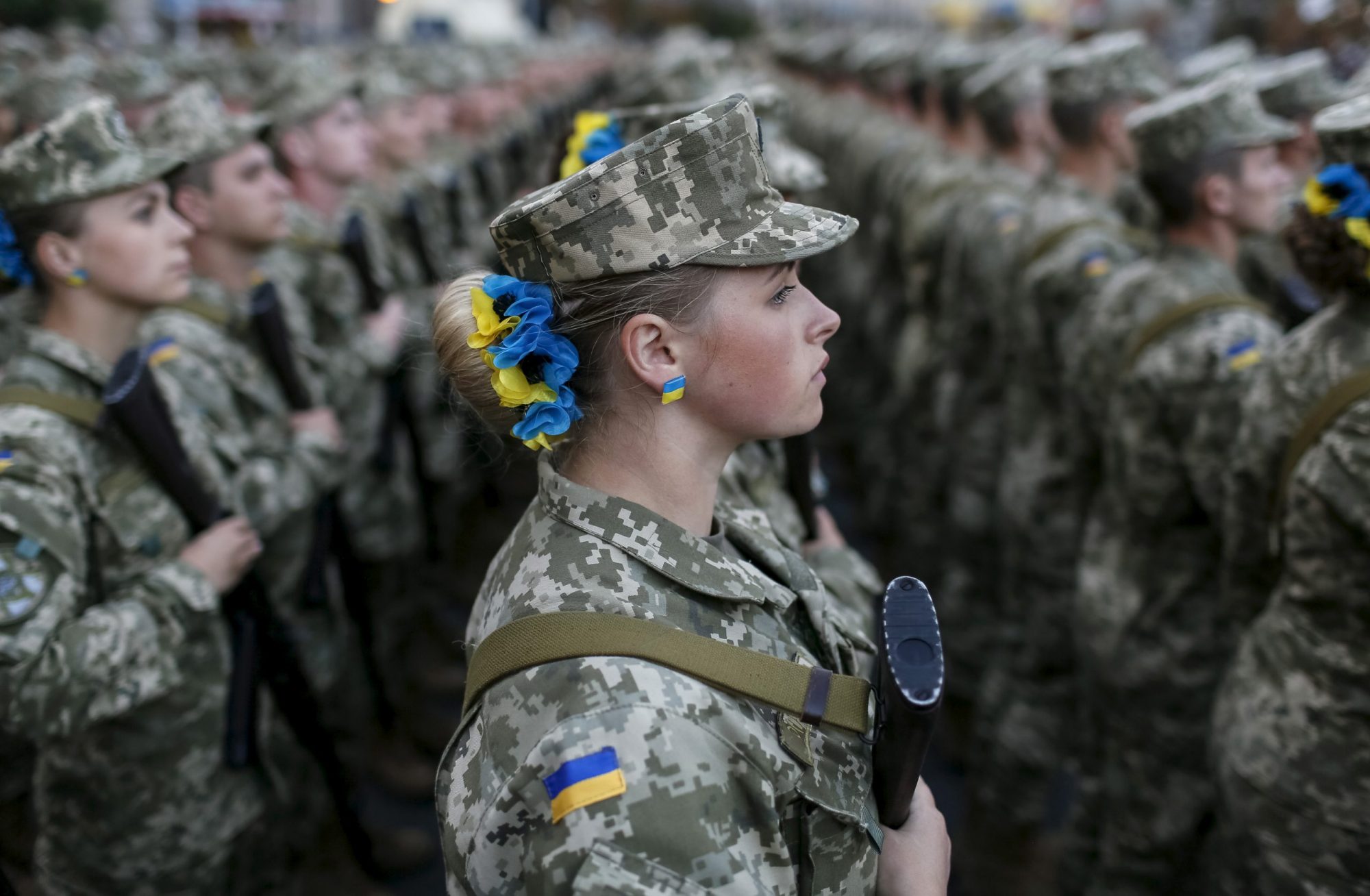
-
-
-
This field is for validation purposes and should be left unchanged.
When Russia’s full-scale invasion of Ukraine first began in February 2022, some Western businesses demonstrated swift and early exits from the Russian market, putting values over profit. While these often high profile departures generated a lot of media coverage, in reality the majority of Western firms have chosen to remain in Russia.
According to data from the Kyiv School of Economics (KSE), out of 1,361 Western companies with Russian subsidiaries at the start of the full-scale invasion, only 241 (17%) have completely exited Russia. The remaining Western companies generated $136 billion in revenues during 2022, thus helping the Kremlin to finance the war in Ukraine.
Perhaps even more staggering than these numbers are the excuses used by the leadership of Western multinationals to justify their continued presence in Russia. The most common justifications for persisting with “business as usual” in Putin’s Russia primarily revolve around the provision of essential goods. This argument is widely cited despite the fact that it is rarely supported by the nature of the businesses in question.
Eurasia Center events

It should be crystal clear by now: All western companies that have not left the Russian market since the full-scale invasion of Ukraine began almost seventeen months ago are complicit in the Putin regime’s war crimes and crimes against humanity. In a very real sense, Western businesses that refuse to leave Russia are silent enablers of Putin’s invasion. Any meaningful conversation about Ukraine’s recovery and reconstruction should start by shedding a bright light on the issue of corporate complicity.
Ukraine’s true recovery can only happen when international businesses realize this is not just a war against Ukraine. They must acknowledge that this is a Russian war against the entire rules-based international order. It is a very deliberate Russian attack on the peace and stability that Western businesses have greatly benefited from over the years.
International efforts to advance Ukraine’s recovery are absolutely vital. Priorities should include rebuilding Ukrainian human capital and upgrading Ukraine’s energy infrastructure to set the country firmly on the path toward a green energy future. International companies have a tremendously important role to play in this process, but actions and values must also align.
By countering Russia, Ukraine is providing an invaluable service to the entire free world. Ukrainians who are risking their lives want to deal with international businesses that are ready to sacrifice part of their profit. We do not want to deal with war profiteers, but with those who understand that there is more at stake than just the bottom line. This is what the new era of corporate social responsibility is all about. In Ukraine, any company’s commitment to corporate social responsibility is measured by its willingness to accept a drop in revenues in order to disable the Russian war machine.
The flooding that resulted from the recent dam destruction in southern Ukraine is flushing down the reputation of companies still doing business with and in Russia. Western businesses carry an important responsibility in places where they operate, especially in conflict-ridden areas. Such companies can no longer afford to sit on two sides of the same fence. Either they are part of Ukraine’s reconstruction and recovery efforts, or continue to support the destruction of its physical and human capital by feeding the Kremlin’s war chest.
Nataliya Popovych is a co-founder and steering committee member of B4Ukraine and the founder and president of One Philosophy.
Further reading
The views expressed in UkraineAlert are solely those of the authors and do not necessarily reflect the views of the Atlantic Council, its staff, or its supporters.

The Eurasia Center’s mission is to enhance transatlantic cooperation in promoting stability, democratic values and prosperity in Eurasia, from Eastern Europe and Turkey in the West to the Caucasus, Russia and Central Asia in the East.
Follow us on social media
and support our work
Image: Russian service members take part in a military parade on Victory Day 2023. May 9, 2023. (Pelagiya Tikhonova/Moscow News Agency/Handout via REUTERS)
